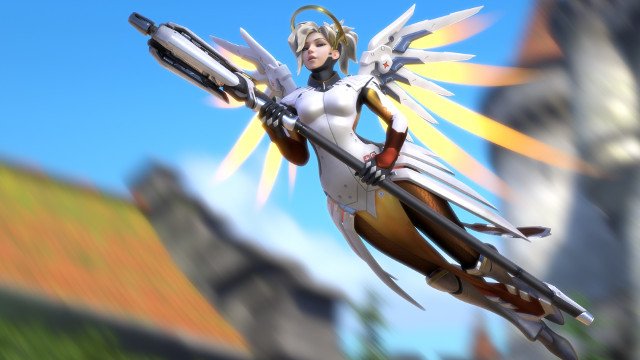Overwatch is a game that is bound to its meta, with pro and experienced players tending to herd themselves into relatively strict compositions, admonishing the use of certain characters and opting for specific counters to specific heroes.
However, on a competitive level it’s made interesting as a result of even the slightest change to its meta resulting in widespread updates to the way the entire…











